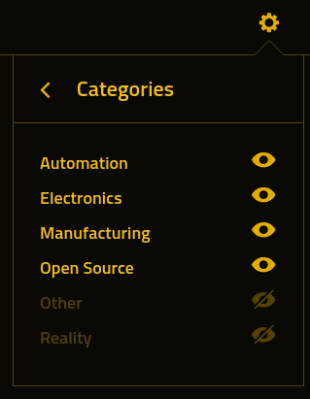In the late 80s and into the 90s, [Cameron Kaiser] aka [ClassicHasClass] was an aspiring journalist, first becoming interested in the career in elementary school and then working on various publications into university. At some point, he started using a piece of software for laying out newspapers called The Newsroom which, he admits, was lacking a lot of tools that would have been modern even for the time, but had an otherwise agreeable price tag thanks to its focus more on home desktop publishing and newsletter production than on full-scale newspaper operations. It did have one interesting feature that he never could figure out, though, at least until he went back and pieced this mystery together.
The software itself ran on the Apple II and was eventually ported to other systems of the era, including the Commodore 64. The mystery feature was known as “Wire Service” and appeared to be a way that users of the software who had a modem could connect with one another and share news releases, layouts, graphics, and other content created in Newsroom, but in the days where it would have been modern never was able to connect to anything. In fact, it was eventually abandoned by the developers themselves in later releases of the software. But [ClassicHasClass] was determined to get it working. Continue reading “Commodore 64 Reports The News”


















